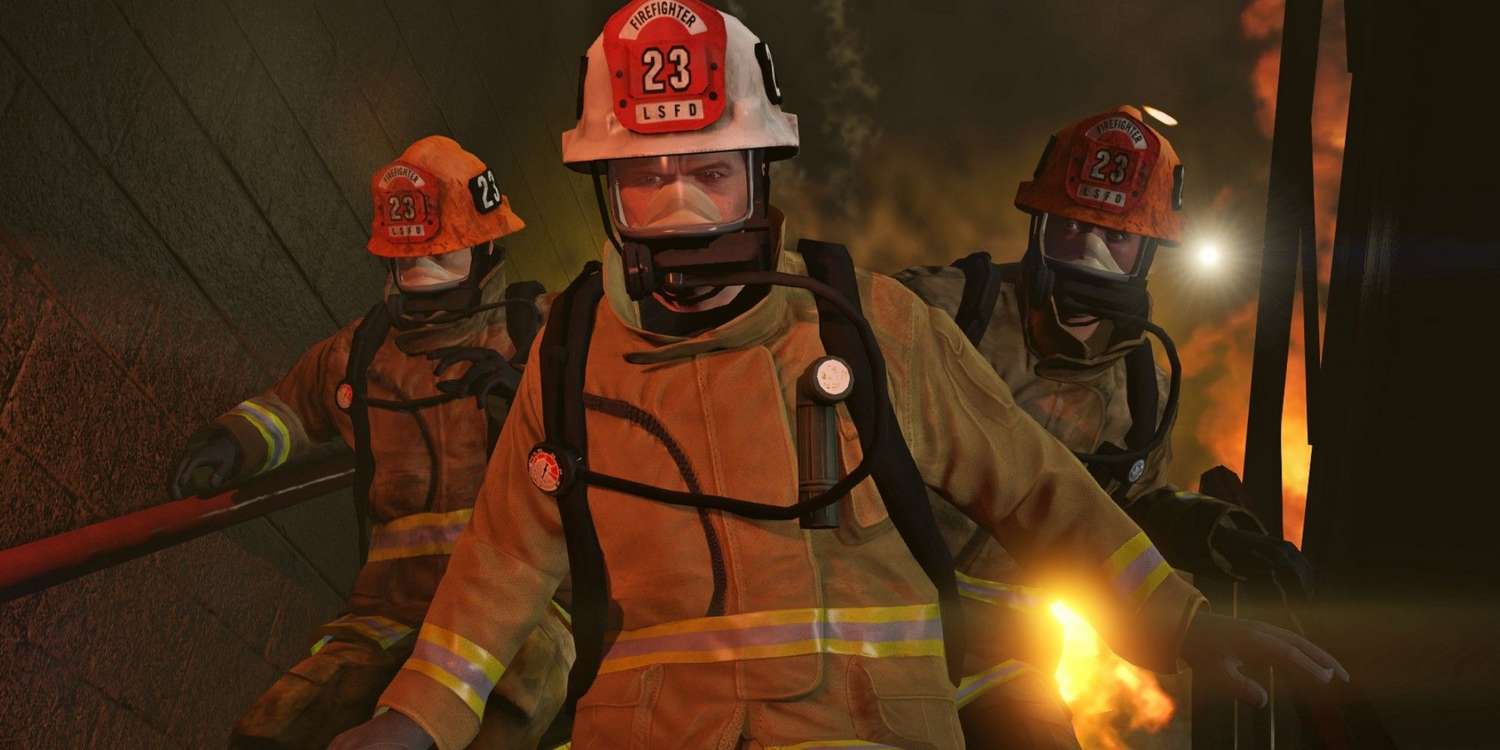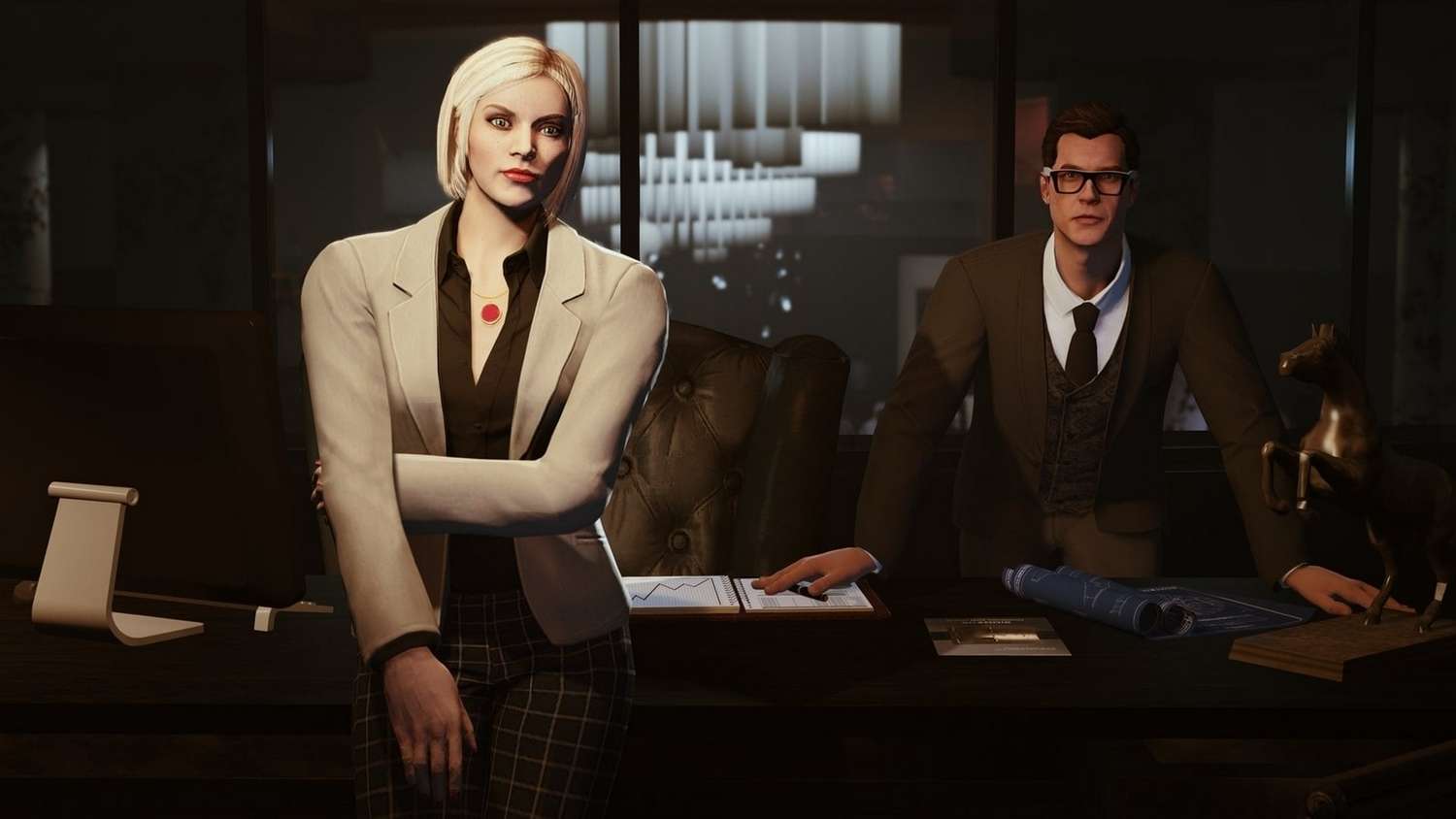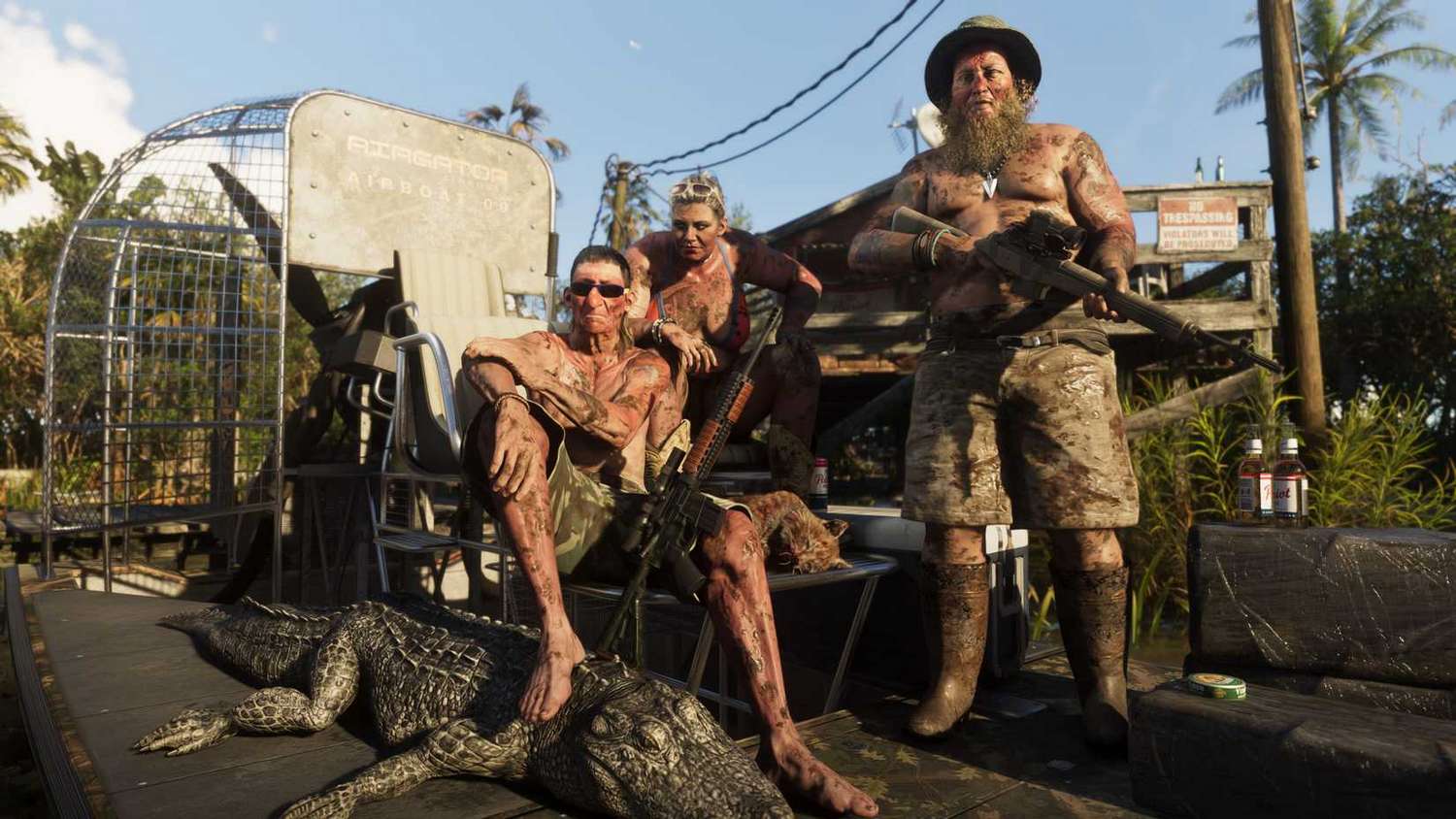Controversy Erupts at Rockstar Games: Dozens Fired as ‘Union-Busting’ Claims Shadow the Final Stages of GTA 6 Development
Popular Now
 God of War Ragnarök
God of War Ragnarök
 Stumble Guys
Stumble Guys
 Grand Theft Auto V
Grand Theft Auto V
 Black Myth: Wukong
Black Myth: Wukong
 Genshin Impact
Genshin Impact
 R.E.P.O
R.E.P.O
 NBA 2K24
NBA 2K24
 Poppy Playtime
Poppy Playtime
 Geometry Dash
Geometry Dash
 Rust
Rust  Rockstar Games, the world-renowned developer behind the colossal Grand Theft Auto VI, has found itself embroiled in a fierce labor dispute this week following the abrupt termination of several dozen employees across its UK and Canadian offices. The firings, which come during the critical final push toward the anticipated GTA 6 release date, have ignited a firestorm of controversy, pitting labor rights groups against the corporate narrative put forth by parent company, Take-Two Interactive.
Rockstar Games, the world-renowned developer behind the colossal Grand Theft Auto VI, has found itself embroiled in a fierce labor dispute this week following the abrupt termination of several dozen employees across its UK and Canadian offices. The firings, which come during the critical final push toward the anticipated GTA 6 release date, have ignited a firestorm of controversy, pitting labor rights groups against the corporate narrative put forth by parent company, Take-Two Interactive.
This event is the latest flashpoint in an already turbulent year for the video game industry layoffs crisis, where job cuts have become a grim constant, affecting thousands of developers globally. However, the nature of these specific dismissals at the studio responsible for one of the most profitable entertainment franchises in history has raised particularly serious questions about the future of worker rights in gaming and the immense pressures of AAA game development.
A Shockwave Hits Edinburgh and Toronto
Sources close to the matter confirmed that between 30 and 40 staff members were dismissed without warning on Thursday, October 30th. These cuts primarily affected quality assurance (QA) and support roles—positions often considered the front lines of bug detection and stability, especially as a project as massive as GTA 6 nears completion. The proximity of these dismissals to the expected launch window for Grand Theft Auto VI adds a layer of anxiety and uncertainty to a project already under intense global scrutiny.
The terminations were executed rapidly, with terminated employees reportedly being locked out of corporate systems almost immediately. This method of dismissal, while sometimes employed during mass restructurings, has been described by affected staff as particularly brutal given their long-standing dedication to the company.
StrongThe stakes for Rockstar Games could not be higher. GTA V has generated billions of dollars for Take-Two Interactive, setting an almost insurmountable expectation for the upcoming sequel. The integrity of the development process, therefore, is a matter of profound interest for investors, analysts, and the global gaming community.
 The Independent Workers’ Union of Great Britain (IWGB) Response
The Independent Workers’ Union of Great Britain (IWGB) Response
The loudest and most damning response came from the Independent Workers’ Union of Great Britain (IWGB), which immediately labeled the dismissals as a “blatant and ruthless act of union-busting.” According to the union, all employees who were fired were members of, or participants in, a private Discord group dedicated to discussing and organizing union activities within the company.
The IWGB released a powerful statement accusing the GTA 6 developer of deliberately targeting workers involved in organizing efforts—an act that is illegal under UK employment law, which protects trade union activities. Alex Marshall, President of the IWGB, minced no words:
- This is arguably the most ruthless act of union-busting in the history of the UK games industry.
- Rockstar Games is demonstrating flagrant contempt for the law and for the lives of the workers who generate their billions.
- Among the dismissed staff are individuals with complex medical conditions and those whose visas were sponsored by the company, meaning their livelihoods and ability to remain in their country of residence are now immediately threatened.
The union has vowed to launch a robust legal campaign to fight for the reinstatement of every member, a process that promises to be a prolonged and high-profile battle over labor rights in the highly scrutinized AAA game development sector. The accusation directly challenges the corporate ethics of a company often lauded for its creative output but historically criticized for its intense “crunch culture.”
Take-Two Interactive’s Firm Stance on ‘Gross Misconduct’
In a direct and unequivocal counter-statement, Take-Two Interactive, the parent corporation, flatly denied the union-busting allegations. A spokesperson for the company, Alan Lewis, asserted that the terminations were solely due to “gross misconduct” and were “for no other reason.”
The corporate position is that the internal investigations found sufficient evidence of workplace violations to warrant immediate dismissal, a decision they claim is entirely separate from any organizing activities. Lewis further stated that the company “fully supports Rockstar’s ambitions and approach,” suggesting that the internal actions were deemed necessary to maintain the integrity and focus of the GTA 6 development team during its final, critical phase.
The use of the term “gross misconduct” is a significant legal maneuver. If a company can prove such misconduct, it often nullifies standard termination protocols and severance packages, which has a direct impact on the financial and legal recourse available to the former employees. However, the simultaneous timing of dozens of alleged misconduct cases has led analysts and industry observers to view the corporate defense with considerable skepticism.
The Broader Crisis: A Year of Unprecedented Video Game Industry Layoffs
The incident at Rockstar Games is not isolated; it is a symptom of a much larger, systemic crisis sweeping through the global gaming landscape. Since 2022, the video game industry layoffs tracker has logged over 45,000 job losses, shattering previous records. Major publishers, including Microsoft Gaming, Sony, and Electronic Arts, have all announced significant cuts in their workforce, attributing them to post-pandemic market corrections, over-hiring, and a focus on maximizing returns for shareholders.
The recent cuts at Rockstar, though smaller in scale compared to the thousands lost at other giants, are notable because they affect a studio that has generated immense, consistent profit. This suggests that even the most successful and financially robust entities are implementing aggressive cost-saving measures, often prioritizing shareholder value over workforce stability. This relentless pursuit of high returns has driven massive volatility in the Rockstar Games stock and broader Take-Two Interactive stock performance, creating a climate of intense fear and uncertainty among AAA game development staff worldwide.
This macro trend is fueling the push for unionization. Developers are increasingly seeking collective bargaining power to gain job security, reasonable working hours (combating the infamous “crunch” culture), and fair compensation. The reaction to the organizing efforts at Rockstar Games will be closely watched as a bellwether for how major publishers intend to address the growing labor movement in gaming.
 What This Means for the Highly Anticipated GTA 6 Release Date
What This Means for the Highly Anticipated GTA 6 Release Date
While Take-Two Interactive has stressed that the dismissals will not materially affect the development timeline for Grand Theft Auto VI, the human impact cannot be ignored. The loss of experienced QA and support staff, especially in the final stages, introduces inherent risk to a project of this scale. QA is crucial for polishing a game and ensuring a stable launch, a lesson that many recent high-profile AAA titles have learned the hard way.
The atmosphere within Rockstar Games is now undoubtedly strained. A recent mandate requiring a full return to the office for all developers, cited for “security reasons” as the GTA 6 development cycle concludes, was already met with internal resistance. The new round of firings—especially those linked to union activities—will further erode employee morale and trust in management. A highly anticipated GTA 6 release date in 2026 is an ambitious target, and any internal friction, be it from alleged misconduct or perceived retaliation, could subtly impact the quality and ultimate stability of the launch product.
The Urgent Debate on Labor Rights in AAA Game Development
This incident throws the spotlight back onto the structural issues plaguing the high-stakes world of AAA game development. The industry model often demands excessive overtime (“crunch”) followed by layoffs post-launch—a cycle that has been described as deeply exploitative. The conflict at Rockstar Games—unionization efforts met with claims of gross misconduct—is a microcosm of the global fight for worker rights in gaming.
The IWGB’s determination to challenge the firings legally underscores a growing commitment from developers to hold powerful corporations accountable. Regardless of the outcome of the legal challenge, the highly publicized controversy serves as a stark reminder of the human cost behind blockbuster games like Grand Theft Auto VI. For the millions of gamers awaiting the next installment, the headlines now carry a weight that extends far beyond gameplay mechanics and graphical fidelity: they reflect an urgent ethical debate on how the entertainment we consume is created.
The resolution of this labor dispute at Rockstar Games will set a crucial precedent for labor relations across the entire video game industry, defining the boundaries of corporate power and worker rights in the years to come.









 The Independent Workers’ Union of Great Britain (IWGB) Response
The Independent Workers’ Union of Great Britain (IWGB) Response What This Means for the Highly Anticipated GTA 6 Release Date
What This Means for the Highly Anticipated GTA 6 Release Date